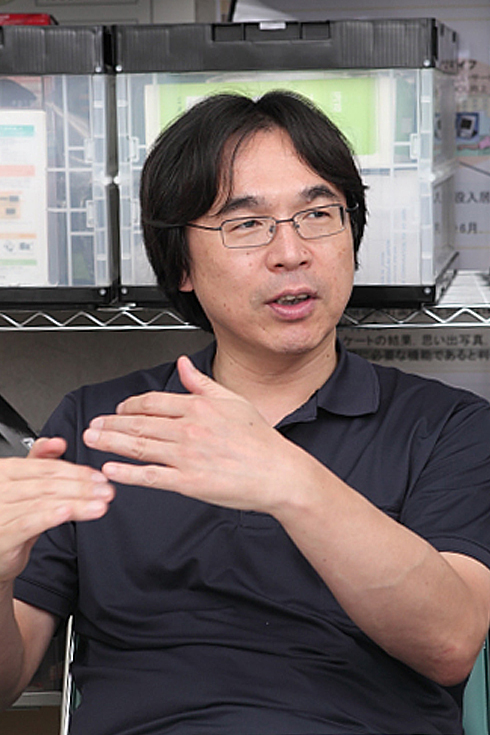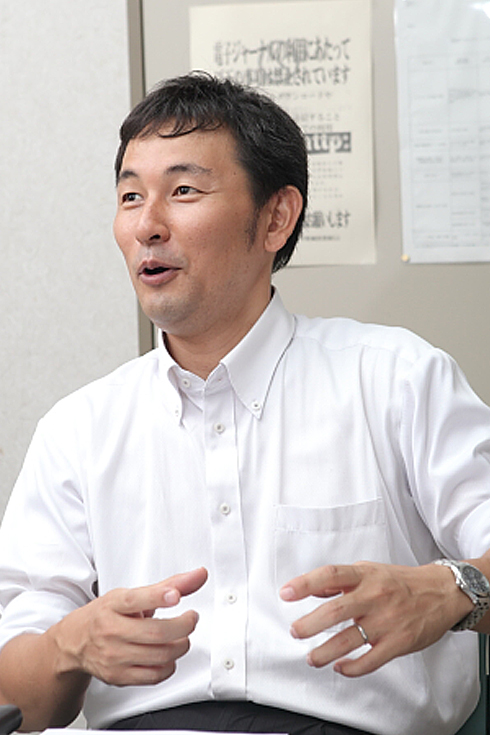
Associate Professor, Kyoto Institute of Technology, engineering PhD in Cutting Edge fibro-science
Noriaki Kuwahara
- Kuwahara:
- As a prototype I am fully satisfied. I think they did a really good job. For the elderly and those with declining cognitive functions, reminding these people to do things when living independently can be really inconvenient. For example asking them to brush their teeth or change clothes. Without asking those specific things they may go the whole day without doing it.
- Dealing with that we used a smart device combined with things like YouTube and Google Calendar, and so, for example, at a certain time there’ll be a video message that says something like “Grandma, it’s time to change your clothes.” Messages that are registered ahead of time will play on the tablet. It’s a way to allow people to live a bit more independently.
- We collaborated with Chiba Rosai Hospital in 2003 using a PC version, and had great results using it with patients just out of the hospital. But using the PC version is difficult. It was inconvenient due to PC trouble. With an Android, it operates comparatively stable, and you can control everything on the cloud, the maintenance on the contents on the server is really simple. Meaning that the simplicity could help.


